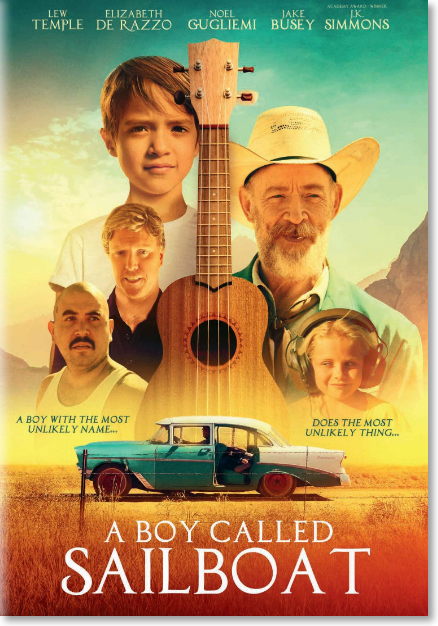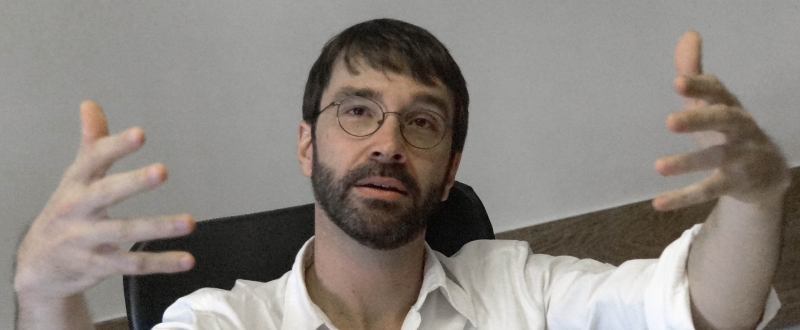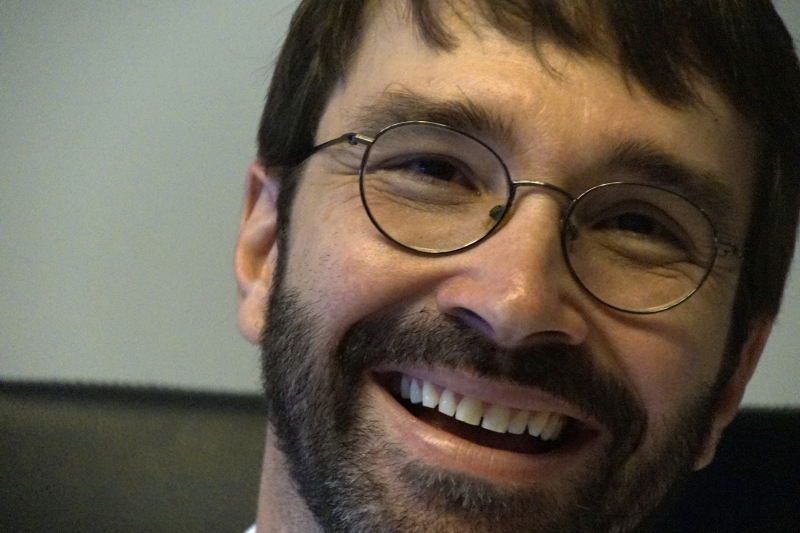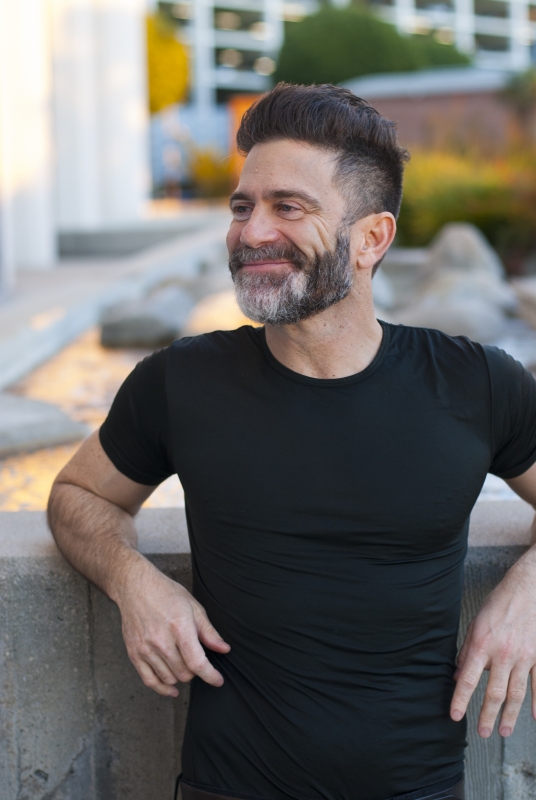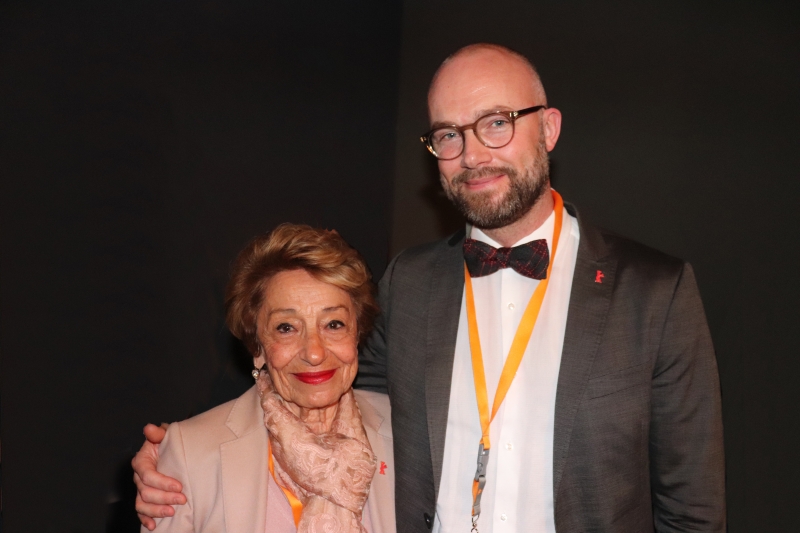Scars and Bloody Noses: With 14 Films, the Perspektive Deutsches Kino Programme is Complete
With a total of 14 films, the Perspektive Deutsches Kino programme is now complete. In addition to the six films previously announced, another eight works have been added, films that once again embody the thematic and formal wealth of new German film.
A man thinks he’s doing a mate, who has just got out of prison, a simple, everyday favour. But right off, all he gets is a bloody nose. The film Lebendkontrolle (Outside) by Florian Schewe (HFF - Film and & Television Academy, Potsdam-Babelsberg) is exemplary for the central topic in a programme of mid-length works from three German film academies. All of them explore social and personal responsibility in what appears to be a broader sense, but ultimately turns out to be quite specific. And how such responsibility sometimes becomes impossible to handle. In Narben im Beton (Scars in Concrete) by Juliane Engelmann (KHM - Academy of Media Arts, Cologne), scars are made painfully visible. A young mother who finds herself at the very fringe of things, seems no longer able to protect her children with love alone. Jessi, on the other hand, can take care of herself, even though she is much too young to do so. Yet circumstances at home, leave her no choice. Entitled after its main character, this film by Mariejosephin Schneider (dffb – German Film and Television Academy, Berlin) concludes a programme in which the works transcend painful barriers.
In the coverage of football in the tabloids and other private media, the wives and girlfriends of players have become indispensable. Nowadays, in unofficial sports jargon, they are simply referred to as WAGs (Wives and Girlfriends), which is also the name of a film by Evi Goldbrunner and Joachim Dollhopf (HFF, Potsdam-Babelsberg). In it, these women - who are usually just popular faces - have stories unlike anything their contemporaries ever imagined. Stories similar to the one in, for instance, Die Haushaltshilfe (The Housemaid), where a woman has to work as domestic help from Poland in a rather Swabian family. In this film, Anna Hoffmann (Film Academy Baden Württemberg) depicts everyday life, and the problems and yearnings of a young woman uprooted, far away from her family.
In another film, the only thing sober is the title: Cologne filmmaker Carolin Schmitz calls her documentary Porträts deutscher Alkoholiker (Portraits of German alcoholics) and gives us just that - though in a surprisingly discreet and gripping fashion.
Three years ago, Hannah Schweier revealed her talent for unswerving narrative in the Perspektive Deutsches Kino programme with her mid-length film Aufrecht stehen (Stand Straight). With her first full-length work Cindy liebt mich nicht (Cindy doesn’t love me), she underscores her narrative strength. Since two men do not just love the same woman, but in fact hardly really know her, they have to join forces to find her when she threatens to disappear on them. A road movie full of emotions with Clemens Schick and Peter Weiss.
To conclude the programme, Perspektive Deutsches Kino will be welcoming a guest who was also present (with his production 99 Euro Films) on the very first evening when this section was launched. On the final day of this year’s festival, which is reserved for the audiences, Berlin director RP Kahl, will be showing his new feature: Bedways does not only tell about filmmaking in Berlin, but also how filmmakers in Berlin can be.
“Perspektive Deutsches Kino appears to meet its own standards particularly well this year. In its thematic and formal diversity, the programme takes a direct look at the future of German film. And this is not only so because - as it goes without saying in the interim – half of the filmmakers are women,” section director Alfred Holighaus remarks about this year’s selection.
Films in Perspektive Deutsches Kino 2010:
Alle meine Väter (All my fathers) by Jan Raiber (documentary)
The Boy Who Wouldn’t Kill by Linus de Paoli
Cindy liebt mich nicht (Cindy doesn’t love me) by Hannah Schweier
Frauenzimmer (Silver Girls) by Saara Aila Waasner (documentary)
Glebs Film (Gleb’s Film) by Christian Hornung (documentary)
Die Haushaltshilfe (The Housemaid) by Anna Hoffmann (documentary)
Hollywood Drama by Sergej Moya
Jessi by Mariejosephin Schneider
Lebendkontrolle (Outside) by Florian Schewe
Narben im Beton (Scars in Concrete) by Juliane Engelmann
Portraits deutscher Alkoholiker (Portraits of German alcoholics) by Carolin Schmitz (documentary)
Renn, wenn du kannst (Run if you can) by Dietrich Brüggemann
WAGs by Joachim Dollhopf and Evi Goldbrunner
Bedways by RP Kahl
 Chatelin Bruno
Chatelin Bruno 

















